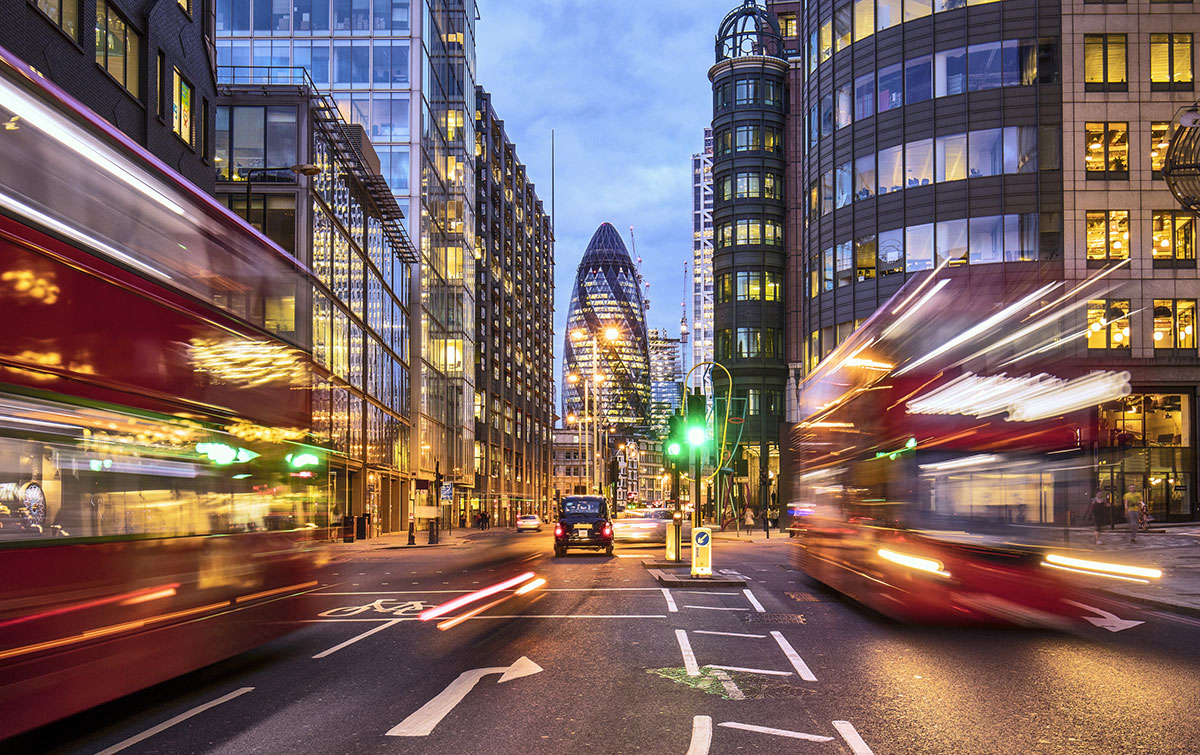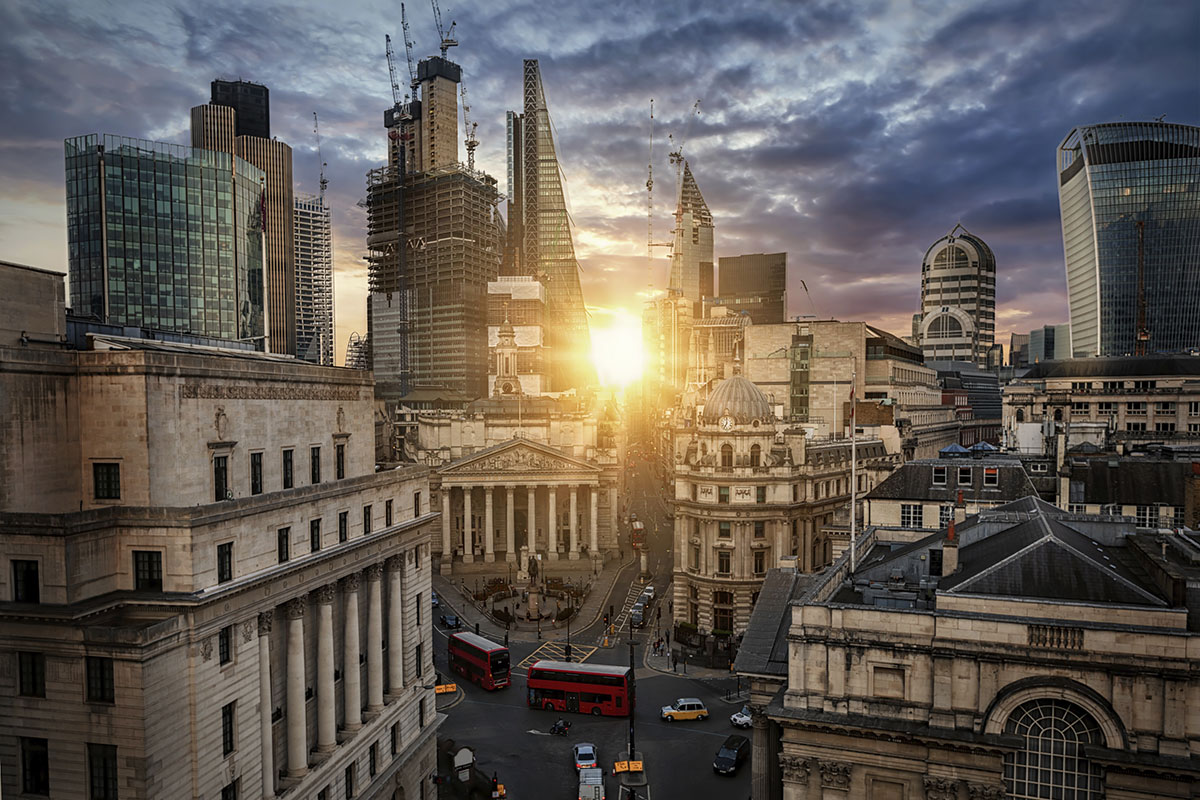How London is taking the experience economy seriously
Culture’s role in a city’s economy
Decisions about where to live, visit or invest influence trillions in global investment and tourism each year. If you're planning leisure time, what is it that draws you to a place? Perhaps a new set of restaurants you’ve been following on social media, or the opening of a new theme park or museum. And if you’re a CEO, you’re likely trying to land your next growth initiative in a location with access to the best and brightest talent—who we also know increasingly decides where to live based on a location’s lifestyle and cultural assets. The experience economy is fast becoming a city’s lighthouse, shaping the global perception of its brand and attracting both human and financial capital.
The shifting focus of the experience economy
Through global trends and even our own work in London’s West End, there is a clear trend away from a narrow selection of alcohol-led night-time activities towards more varied, inclusive and immersive experiences. Bars and nightclubs are now only one option among an explosion of low- or no-alcohol offerings that instead focus on experience and connection. From interactive in-person games to escape rooms, street festivals to live theatre, the experience economy spans an increasingly wide spectrum.
The common thread? It’s interactive, social and in-person. While drinks might be part of the experience, they’re no longer the main event.

The challenges facing the experience economy
Despite being a key growth sector, the experience economy faces some big challenges.
- It’s hard to define. Culture and leisure cut across multiple uses and don’t fit neatly into traditional planning uses or economic statistics. The diverse and evolving nature of experience-led uses often outpaces the planning and licencing systems, challenging the sector’s ability to innovate and scale.
- It’s not as “productive”. Measured in traditional economic terms, experience-led sectors generally don’t generate as much GVA per worker as sectors like financial services. But culture and experience activities add social value, attract investment, support wellbeing and give people reasons to live, study, work , and spend -, in a place. Productivity is important, but it’s not the only metric that matters.
- The experience can get tainted. Providers invest heavily to control every aspect of a customer’s experience within their venue but have very little control of a user’s arrival experience. Poor lighting, unreliable transport, antisocial behaviour and poor wayfinding from transport hub to event, all of these undermine experience-based product consumption.
Ambition is derailed by a lack of industry collaboration and due diligence. Well intentioned policy can seek to incent or even mandate cultural uses, but to be successful, policy needs to work with providers to understand what can differentiate a local experience economy offer, the capacity of local partners to deliver, and how a regulatory environment can enable rather than restrict the sector’s growth.
Case study: the West End
Our recent work for the Heart of London Business Alliance (HOLBA) highlighted that West End footfall remains down from pre-COVID levels, but weekend visits and international visitors have been an engine of recovery, suggesting the power of experiences to continue building London’s resilience and global brand as a destination of choice.
Why does this area attract and drive global innovation in the experience economy sector? Perhaps because the density and diversity of experiences within a small geographical area provide a resilience and a level of certainty for consumers with increasingly broad and ever-rising expectations. Theatres, restaurants and cultural landmarks sit side by side with virtual reality arcades and immersive game experiences. This critical mass of options de-risks the decision for visitors to invest their time and money in the area, they know they’ll find a series of experiences that will give everyone in their group an experience to remember. And in a virtuous circle; the density and diversity of options draw enough footfall to enable providers to consider the West End a viable testbed for new experience concepts, an experience economy cluster is born.
Case study: the City of London
The City, home to finance, law and business, presents a different cultural offering entirely. It has impressive archival cultural offering, libraries, churches, historic buildings, but fewer opportunities for cultural production or consumption (in more experiential ways).
The City of London Corporation wants to change that and is tackling the challenge of how to activate spaces after office hours. A variety of policies now encourage developers to enrich their planning applications with cultural plans setting out how proposals will support and enhance the City’s cultural offer. Best practice requires an evidence-based approach to auditing the local area’s current cultural assets, understanding the unique history and context of a location, and creatively defining cultural offers that authentically celebrate local partners and differentiate the development offer.

What does this mean for placemaking?
Cities that want to thrive can’t afford to treat leisure and culture as afterthoughts. Here are five ways placemakers can respond to the growth of the experience economy:
- Support cultural agility: Build flexibility into planning and other frameworks, like business rates and licensing, to help temporary and experimental uses flourish.
- Prioritise the sector: Top-tier cities like London are prioritising the experience economy in formal economic development strategies and through government incentive programs.
- Celebrate identity: A successful experience economy won’t look the same in two places. Avoid a copy-paste approach and let different areas celebrate their authenticity, especially through local consultation and delivery partnerships.
- Curate in-between moments: Take a wide lens to identify how the wider public realm can support rather than detract from the experience. Clear wayfinding, safe crossings and places to wait comfortably are all part of the experience.
- Design for lingering: Make it easy for people to stay. That means greater focus on pedestrian and active mobility, as well as people-focused design and nature-based infrastructure within the public realm.
It’s time to back the experience economy
People are spending their time and money differently. They’re seeking shared experience and connection.
If city makers want to capture that energy, they must be far more intentional, embrace the complexity of the experience economy and plan for its long-term success as a strategic priority.
It is experience that attracts people to live, work and play in the city. And that means it’s a sector that is foundational to prosperity. Good cultural placemaking reminds us that even if it's not the most "productive" sector, it might just be the most valuable.
